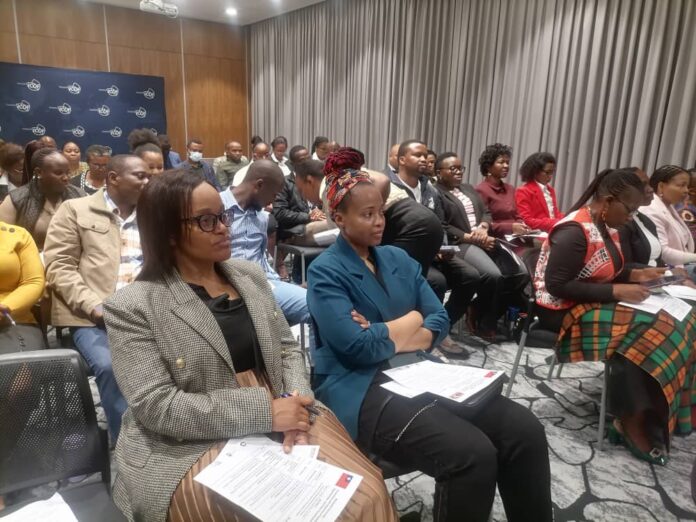More than half of Eswatini’s adult population is now classified as overweight, nearly a quarter are obese, and more than one in five live with raised blood pressure. These findings are from the latest 2024 WHO STEPwise survey.
Tobacco use also remains high, with 11% of adults — mostly men — reporting current smoking.
These statistics were revealed by Principal Secretary (PS) in the Ministry of Health, Khanya Mabuza, during the opening of a bilateral seminar on the prevention and treatment of diabetes, hypertension and their complications held at the Hilton Gardens Inn yesterday.
Strengthening Healthcare Capacity
The purpose of the seminar was to:
-
Strengthen the capacity of healthcare workers
-
Promote early detection and management of metabolic diseases
-
Foster collaboration with Taiwanese experts to improve patient outcomes
Mabuza emphasised that the statistics represent real people — mothers, fathers and children — whose lives are at risk of stroke, heart disease, renal failure, blindness and limb loss if conditions such as diabetes and hypertension are not effectively addressed.
He urged doctors, nurses and other frontline healthcare workers to seize the opportunity to enhance their skills and translate knowledge into improved clinical practice.
Eswatini–Taiwan Collaboration
The seminar brought together local healthcare professionals with experts from the National Taiwan University Hospital Hsin-Chu Branch and the Taiwan International Cooperation and Development Fund (ICDF).
A key focus was promoting multidisciplinary, patient-centred care, ensuring that treatment includes not only clinical interventions but also lifestyle guidance, follow-ups and community support.
Representing Taiwan, Minister Ching-Lin Tsuei highlighted progress since the project launched in 2024:
-
Hypertension care improved by 28%
-
Diabetes care improved by 36%
-
Over 60% of patients with both conditions attend follow-up visits within three months
-
80% of individuals identified in community screenings acted on referrals
“Behind each number is a person; a life touched, a burden eased, a future safeguarded,” Tsuei said, stressing the human impact of these efforts.
Prevention, Detection and Treatment
Both Mabuza and Tsuei stressed that prevention alone is not enough. It must be matched with:
-
Early detection
-
Quality treatment
-
Continuous follow-up
This approach is critical to reducing the heavy burden of metabolic diseases in Eswatini.
Building a Resilient Healthcare System
The seminar celebrated the strong partnership between Eswatini and Taiwan, combining local knowledge with international expertise to strengthen the healthcare system.
Mabuza concluded by encouraging participants to actively engage in the sessions, share experiences, and implement the strategies discussed to improve health outcomes across the country.
The event marked an important step in the fight against non-communicable diseases, equipping healthcare workers with practical tools to safeguard communities and confront the growing challenges of obesity, hypertension and tobacco-related illnesses.








